Bozzuto DC ADU projects highlight the evolving landscape of urban housing, focusing on accessory dwelling units to meet modern needs. Bozzuto, a significant player in real estate, collaborates in this innovative space, particularly in Washington, D.C., offering sustainable, rent-scalable housing solutions. These developments are crucial for efficient land use and adapting to housing demands.

Accessory Dwelling Units (ADUs) are increasingly significant in the context of urban housing solutions. In cities such as those nearby, where space is at a premium, ADUs represent a viable method of maximizing residential potential. They enable homeowners to generate rental income while simultaneously offering affordable housing solutions. This growing trend reflects an evolving approach to urban living, where the integration of smaller, more efficient living spaces is essential to accommodate increasing urban populations and the demand for affordable housing.
The concept of ADUs is not just a passing trend but a necessary evolution within urban planning in many metropolitan areas. These units can be built above garages, in basements, or as standalone structures within residential properties. They usually include a bedroom, bathroom, kitchen, and living space, providing a comfortable setting for rented tenants or visiting family. The benefits of ADUs extend beyond simple housing solutions; they promote greater community connections, multi-generational living arrangements, and enhanced neighborhood diversity.
An important aspect of ADUs is that they utilize existing infrastructure—such as utilities, roads, and public services—in a more efficient manner compared to conventional residential development. In urban settings where land scarcity is a pressing issue, ADUs can occupy underutilized spaces, like the backyards of single-family homes, thereby mitigating urban sprawl. This strategic use of city land aligns with both environmental sustainability goals and urban density enhancements.
The rise of ADUs is also accompanied by a shift in societal attitudes toward housing. Younger generations, including Millennials and Gen Z, often prioritize flexibility and affordability in their living situations. ADUs cater to these preferences by offering smaller, lower-maintenance homes that still provide necessary amenities. Moreover, as society increasingly emphasizes the importance of community-centric living, ADUs foster connections between neighbors and create vibrant, inclusive neighborhoods.
Bozzuto is a renowned name in real estate, leading the transformation of housing strategies with its involvement in DC ADU projects. The organization is acclaimed for its innovative approach to urban dwelling solutions, particularly its adaptation and advocacy for ADU integration in the Washington, D.C. area. With a proven track record in real estate development, Bozzuto understands the complexities of urban growth and the necessity of introducing flexible housing solutions to meet the evolving needs of city dwellers.
The company’s commitment to enhancing community living is reflected in its thorough, tailored approach to each ADU project. Bozzuto’s methodology begins with a deep understanding of the local market and neighborhood dynamics, enabling them to design spaces that align with prevalent architectural styles and community desires. Their projects often incorporate input from local residents, which ensures that community needs and aesthetics are prioritized in the development process.
Bozzuto’s approach is unique, focusing on sustainable architecture and high-quality living standards. Engaging with Bozzuto provides property owners access to a wealth of experience in maximizing small space utility, thereby contributing positively to the urban landscape of nearby areas. Their work ensures that ADU developments are not only functional but also enhance the aesthetic value of communities. This commitment to quality and sustainability resonates with urban residents who seek to minimize their ecological footprint while enjoying the conveniences of city living.
Furthermore, Bozzuto has ingrained sustainability in its ADU projects, reflecting a broader movement towards environmentally friendly building practices in urban areas. By utilizing sustainable materials and energy-efficient construction techniques, they help reduce the carbon footprint associated with new housing developments. This is crucial in dense urban areas like Washington D.C., where infrastructure strain can exacerbate environmental issues. Bozzuto’s projects demonstrate that sustainable living can be both attractive and economically viable.
ADUs offer a strategic solution to urban housing challenges by optimizing available space within existing properties. This evolution reflects broader trends in sustainable and efficient land use. Bozzuto’s projects in the DC area exemplify this shift towards diversified housing options, blending modern design with community needs. It represents a paradigm shift in thinking about what constitutes a home and how living spaces can be tailored to modern urban life.
From a broader perspective, ADUs help address the shortage of affordable housing in densely populated urban areas. By converting unused space into valuable living areas, they open up new opportunities for residents and landlords alike. Bozzuto’s commitment to this housing model signals a forward-thinking approach in catering to both economic and social demands. Through their innovative designs, ADUs can serve various demographics, including young professionals, retirees, and small families, each seeking different lifestyles in urban settings.
Moreover, the design of ADUs is often adaptable, allowing for the accommodation of changing family structures or individual circumstances. For instance, a couple may initially use an ADU as a guest suite for visiting relatives, only to convert it into a home office or rental space later on as their needs evolve. This flexibility is a significant draw, particularly in urban housing markets characterized by volatility and rapid demographic shifts.
Additionally, the aesthetic appeal of ADUs has advanced significantly, with designers focusing on contemporary styles that integrate seamlessly into existing neighborhoods. This focus not only enhances community coherence but also challenges the notion that affordable housing must compromise on design and functionality. As cities evolve, so too does the architecture of housing, and ADUs are often at the forefront of this transformation, serving as models of modern, efficient design.
The impact of ADUs extends beyond just the immediate property owners and tenants; they play a crucial role in shaping community dynamics. By increasing the density of housing within existing neighborhoods without disturbing the fabric of the community, ADUs can lead to revitalized local economies and enriched social interactions. Local businesses benefit from increased foot traffic, and community engagement is often amplified when more residents inhabit a neighborhood. This social dimension is an essential consideration for urban planners and developers as cities continue to grow and evolve.
| Advantage | Description |
|---|---|
| Sustainability | Bozzuto emphasizes sustainable building practices to reduce environmental impact. |
| Economic Value | ADUs increase property value and offer rental income possibilities. |
| Flexibility | These units can serve various purposes, from guest housing to rental spaces. |
| Community Enhancement | ADUs contribute positively to neighborhood dynamics by increasing the population density. |
| Design Diversity | Emphasis on modern aesthetics allows ADUs to blend seamlessly with existing architecture. |
The integration of ADUs facilitated by Bozzuto near D.C. is a testament to the evolving face of urban dwelling spaces. As cities strive to adapt to growing populations and housing shortages, ADUs offer a pragmatic alternative. Bozzuto’s role in this development underscores the potential of well-planned residential spaces in fostering sustainable, diversified, and economically beneficial urban communities. As public interest in ADUs continues to grow, we can expect to see more innovative designs and sustainable practices emerge, further enriching the urban living experience.
By embracing the ADU model, communities can not only address housing shortages but also encourage a more inclusive and connected urban environment. As more families and individuals choose to live in these carefully designed spaces, the future of urban life will likely transform, balancing the needs for affordable housing, sustainable living, and a strong sense of community. Bozzuto’s efforts in pioneering ADUs signify a vital step in the right direction, underscoring the importance of adaptability, sustainability, and community-centered development in modern urban planning.
Going forward, cities across the nation can look to the successes achieved through Bozzuto’s ADU initiatives as a roadmap for their housing strategies. The continued focus on ADUs will be essential in meeting the demands of urban dwellers, showcasing how innovative housing solutions can be both practical and aesthetically pleasing. Ultimately, the enduring legacy of ADUs will be seen in the revitalization of neighborhoods and the creation of vibrant, inclusive communities capable of thriving in the complexities of 21st-century urban living.
Understanding Sme Neobank Impact

Exploring Webbank and Its Competitors

Discover Westminster Plaza Orlando
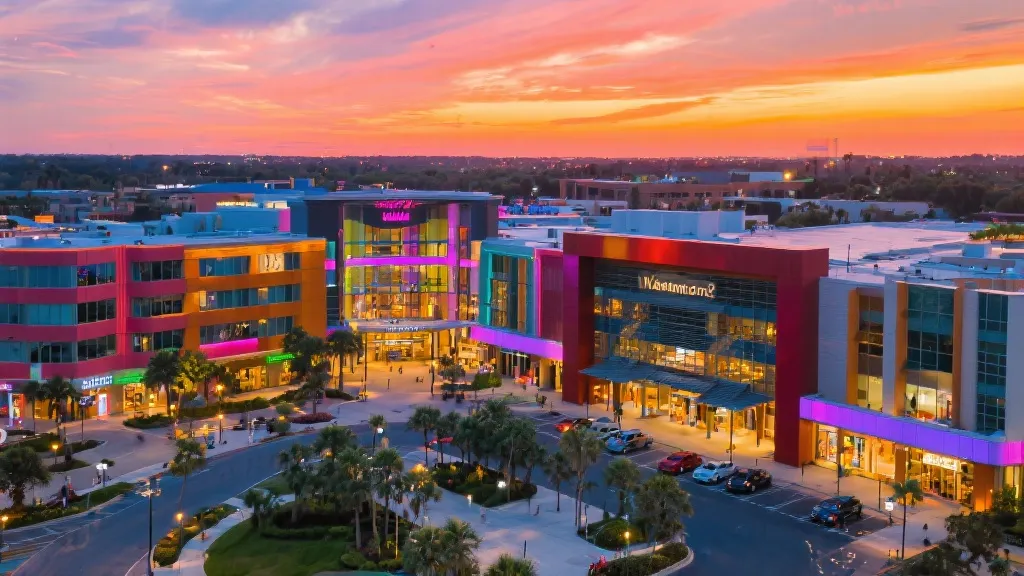
Discover Heartis Eagle Mountain Elegance
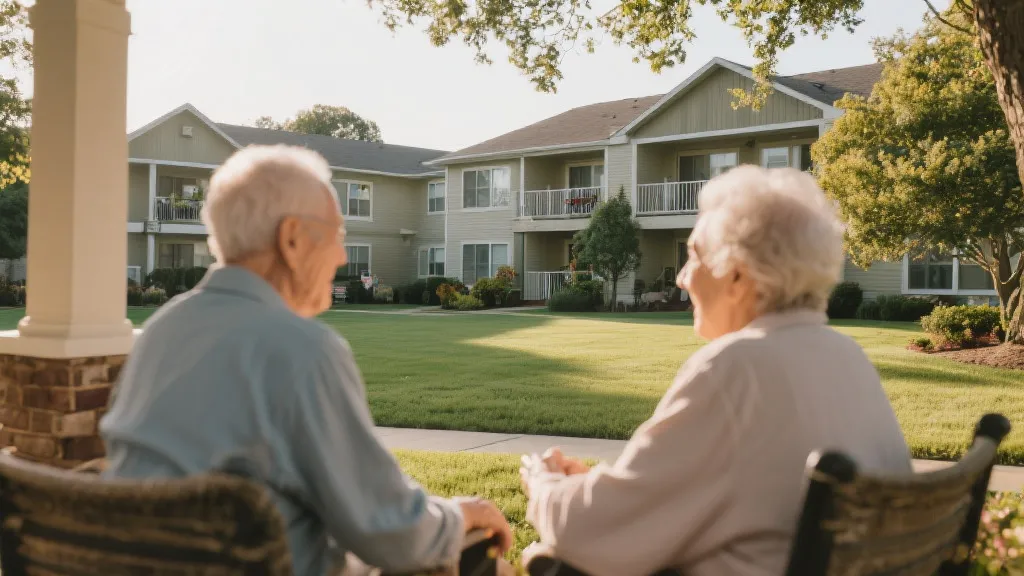
Westminster Plaza Orlando: A Comprehensive Guide
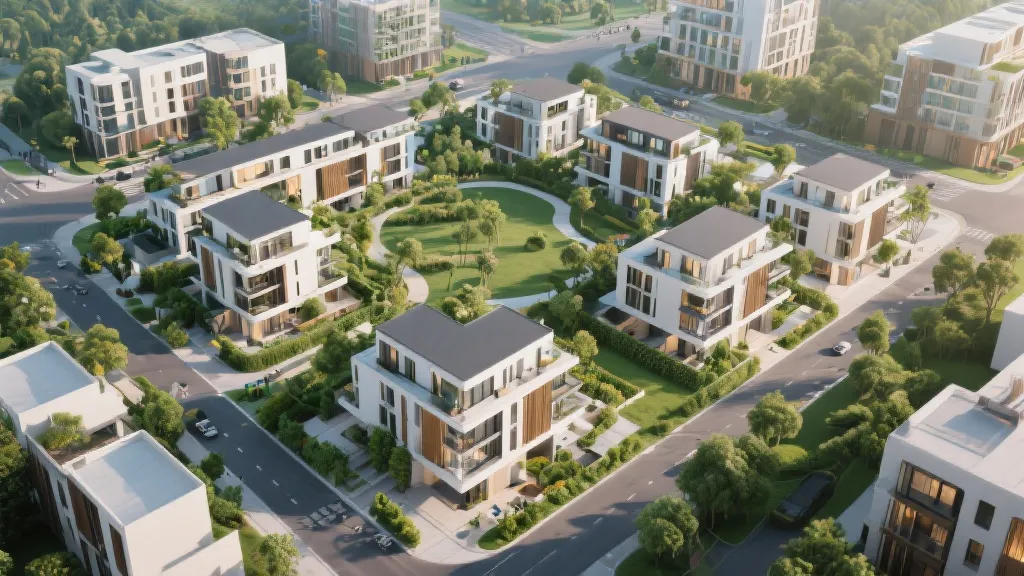
Transforming Banking with Sme Neobank

Discovering Westminster Plaza Orlando
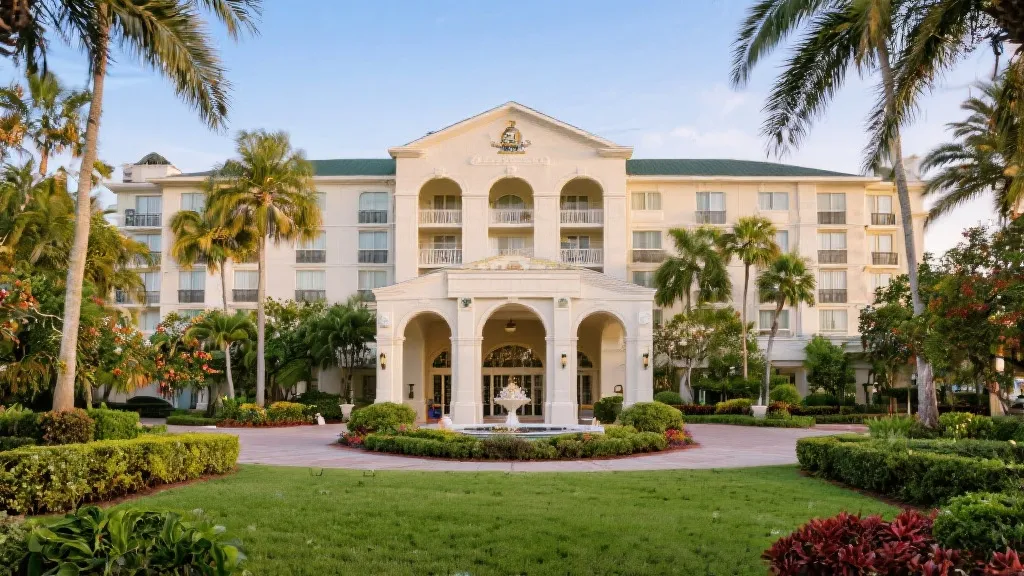
Discovering Westminster Plaza Orlando
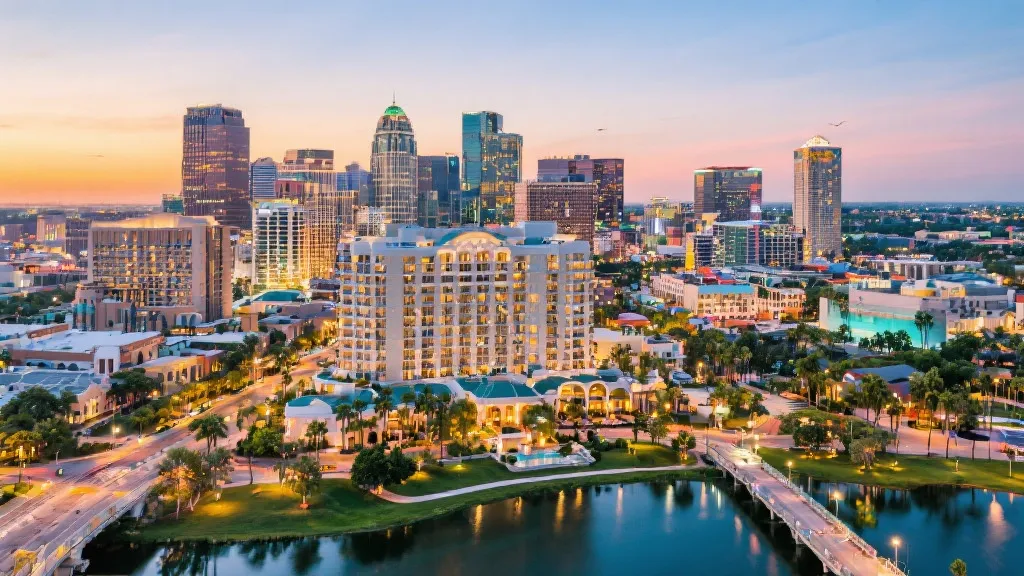
Life Insurance for Seniors: Maximizing Coverage and Benefits
